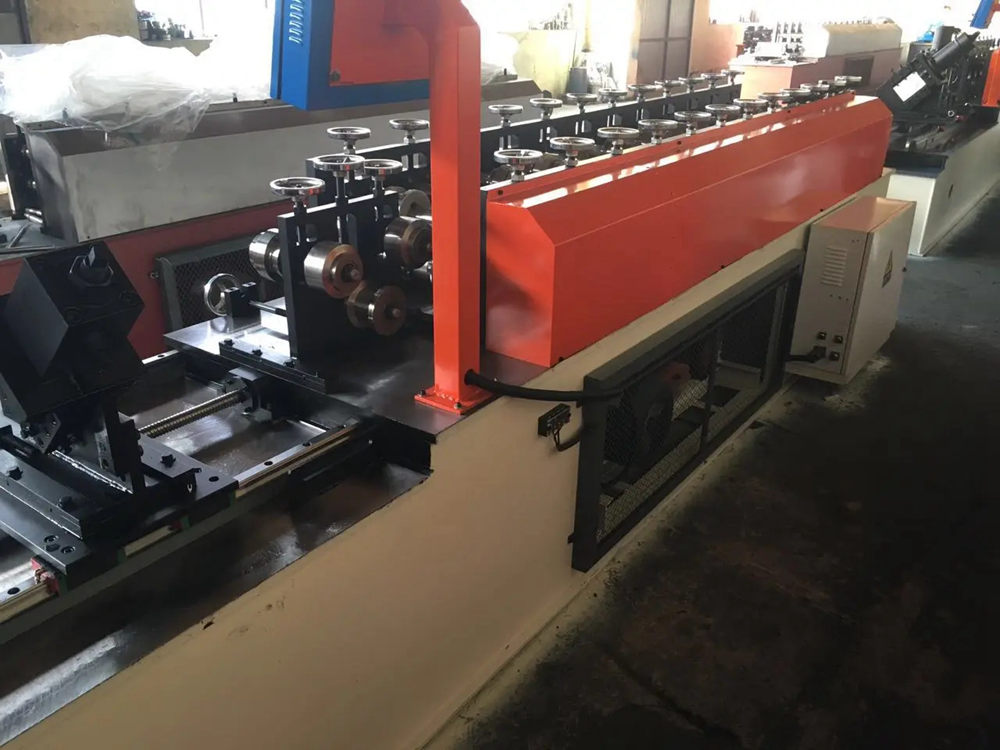
The Evolution and Impact of Stud Making Machines
In the ever-evolving landscape of manufacturing, the efficiency and precision offered by stud making machines have transformed how industries produce essential fasteners. These machines are pivotal in the production of studs—threaded rods commonly used in construction, automotive, and machinery applications. With the increasing demand for high-quality fasteners, stud making machines have become indispensable in modern manufacturing processes.
The Basics of Stud Manufacturing
Studs are essential components in various applications, providing robust joining solutions. They are characterized by their threaded ends, which allow them to be fixed into a material with nuts or embedded into its structure. The production of these components requires specialized machinery that can ensure consistency, precision, and speed. This is where stud making machines come into play.
Stud making machines are designed to automate the process of producing studs from raw materials, typically steel or other alloys. These machines can perform multiple operations in a single setup, including wire cutting, forming, and threading. By streamlining these processes, manufacturers can significantly reduce production time and labor costs.
Types of Stud Making Machines
There are several types of stud making machines, each tailored to meet specific industrial needs
. These include1. Automated Stud Production Lines These comprehensive systems perform all stages of stud manufacturing in a continuous flow, minimizing manual intervention. They are ideal for high-volume production settings, ensuring that thousands of studs can be produced daily with consistent quality.
2. Semi-Automatic Machines These machines require some manual setup but significantly reduce the operator’s workload. They are suitable for smaller production runs or custom stud configurations where flexibility is needed.

3. CNC Stud Making Machines Computer Numerical Control (CNC) machines offer unparalleled precision. They are programmed with detailed specifications and can produce studs to exact dimensions, thus meeting stringent industry standards. These machines have become increasingly popular in sectors where precision is critical, such as aerospace and automotive engineering.
Advantages of Using Stud Making Machines
The adoption of stud making machines brings numerous benefits to manufacturers. Firstly, they enhance production efficiency. Automated systems can produce a large number of studs in a fraction of the time it would take manual labor to perform the same tasks. This efficiency not only speeds up the manufacturing process but also reduces operational costs.
Secondly, these machines contribute to improved quality and consistency. With advanced technology, variations in size and threading are minimized, ensuring that every stud meets the required specifications. This reliability is crucial in applications where structural integrity is paramount.
Furthermore, the use of stud making machines can improve worker safety. By automating hazardous tasks, manufacturers can protect their workforce from potential injuries associated with manual metalworking processes.
Future Trends
As technology continues to advance, the future of stud making machines looks promising. Innovations such as smart manufacturing and the integration of IoT (Internet of Things) are set to revolutionize the industry. Machines that can monitor their own performance and predict maintenance needs will further enhance operational efficiency. Additionally, the growing trend of sustainable manufacturing will encourage the development of eco-friendly machinery that minimizes waste and energy consumption.
Conclusion
Stud making machines have become vital in modern manufacturing, enabling industries to meet the increasing demand for high-quality fasteners efficiently and reliably. As technology progresses, these machines will continue to evolve, shaping the future landscape of manufacturing. Their ability to enhance productivity, ensure quality, and improve worker safety makes them an essential component in the production processes across various sectors. As we move forward, the integration of advanced technologies will undoubtedly elevate the capabilities of stud making machines, further establishing their importance in the industrial realm.